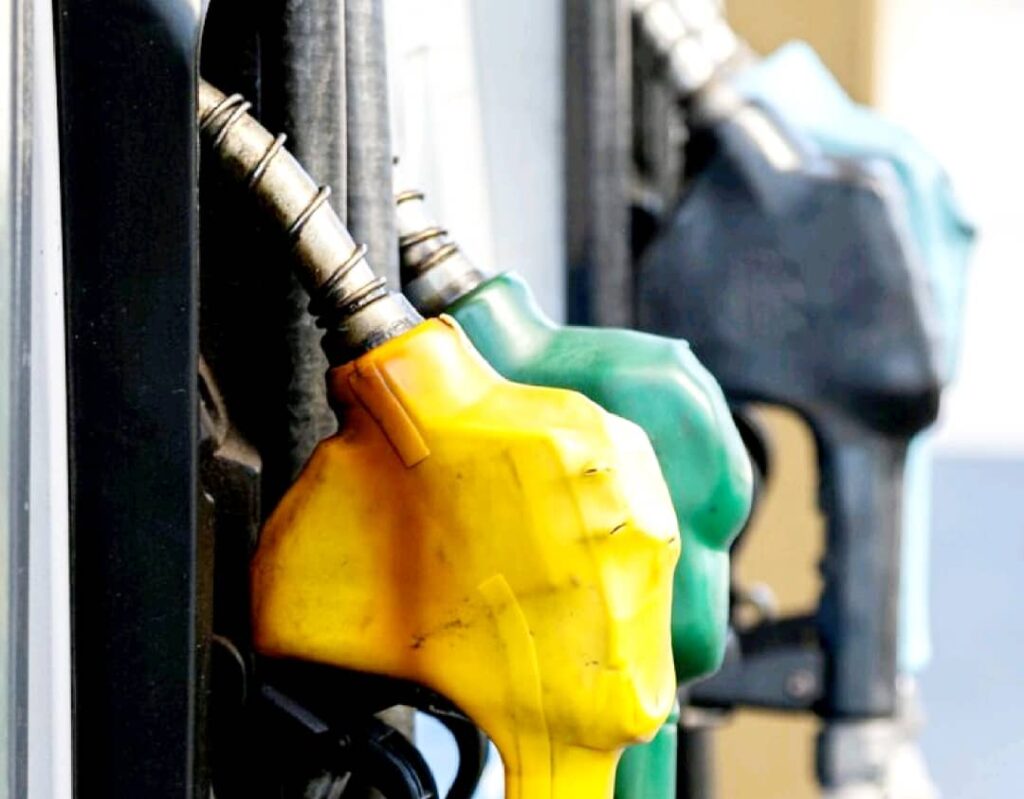The Government of Ghana has launched a decisive policy shift aimed at curbing the rampant smuggling of marine gas oil (MGO), which officials say has cost the nation close to half a billion cedis in tax revenue.
This bold intervention was revealed by the Minister for Finance, Dr. Cassiel Ato Forson, during a post-budget interview following his presentation of the 2025 Mid-Year Budget Review to Parliament.
Dr. Forson underscored the gravity of the situation, stating that revenue streams from the energy sector, particularly those generated under energy sector levies, are under serious threat due to systemic abuse of tax exemptions on MGO.
“We investigated, and in fact, that is what is happening. So, we’ve taken steps to remove the tax exemption on marine gas oil to stop that.”
Dr. Cassiel Ato Forson, Minister for Finance
The Finance Minister explained that MGO, which is taxed at a lower rate to support non-artisanal fishing operations, is often diverted for commercial sale in the domestic fuel market.
“We have some revenue coming from the energy sector levies, and this revenue is under threat because we have seen an upset in marine gas oil smuggling.
“So you see, we have a lot of tax exemptions on marine gas, and the marine gas is not different from gas oil.”
Dr. Cassiel Ato Forson, Minister for Finance

According to him, some companies are acquiring MGO under the guise of using it for fishing vessels, only to reintroduce the product into the general fuel supply system as regular diesel.
“For vessels, I will go and, for example, buy marine gas oil, and I’m saying I’m going to use it for my trawler.
“But in the end, I’ll bring it back into the system and sell it as diesel. We are talking about half a billion, significant amounts.”
Dr. Cassiel Ato Forson, Minister for Finance
He indicated that the Ministry’s decision followed in-depth consultations with sector stakeholders including the Minister for Energy and Green Transition, the Chamber of Oil Marketing Companies (COMAC), and civil society organisations such as the Africa Centre for Energy Policy (ACEP), led by Benjamin Boakye.
Ends of MGO Exemptions

In the official budget document, the Minister clarified that the original intent of the MGO tax exemption policy was to support Ghana’s, particularly those operating at an industrial scale.
However, the mechanism has inadvertently created an incentive for criminal behaviour within the downstream petroleum sector.
“Mr. Speaker, the tax exemptions on marine gas oil (MGO) were introduced to support non-artisanal fishing fleets operating from Ghana.
“Over the years, the tax exemptions have created incentives for abuse and smuggling of MGO onto the open market.”
Dr. Cassiel Ato Forson, Minister for Finance
Dr. Forson stated that the government had no option but to withdraw the exemptions in order to prevent further exploitation and protect public finances.
The smuggling of petroleum products, particularly those with tax concessions, has long plagued Ghana’s downstream energy sector.

This latest move, according to analysts, could be a turning point if supported by strict enforcement and improved monitoring mechanisms.
Industry observers have welcomed the move but warned that enforcement will be key to ensuring its success.
Removing the exemptions is a necessary step, but it must be followed by tighter regulation and tracking systems. Otherwise, it may simply shift the smuggling to other fuel types.
While the immediate effect is expected to be a tightening of fiscal controls and a boost in fuel tax revenues, the government also faces the challenge of ensuring that legitimate fishing operations are not adversely affected. Officials say measures will be taken to balance enforcement with support for affected sectors.
The announcement comes amid broader efforts by the government to shore up revenue and limit leakages in a tight fiscal environment. As Ghana battles multiple economic headwinds, including high debt service costs and fluctuating oil prices, every cedi counts.
With this latest intervention, the Finance Ministry has signalled its readiness to clamp down on leakages in the energy sector while reinforcing its commitment to fiscal discipline and transparency.
READ ALSO: Ghana’s Mobile Money Borrowing Surges: 22% of Adults Now Rely on It – World Bank



















